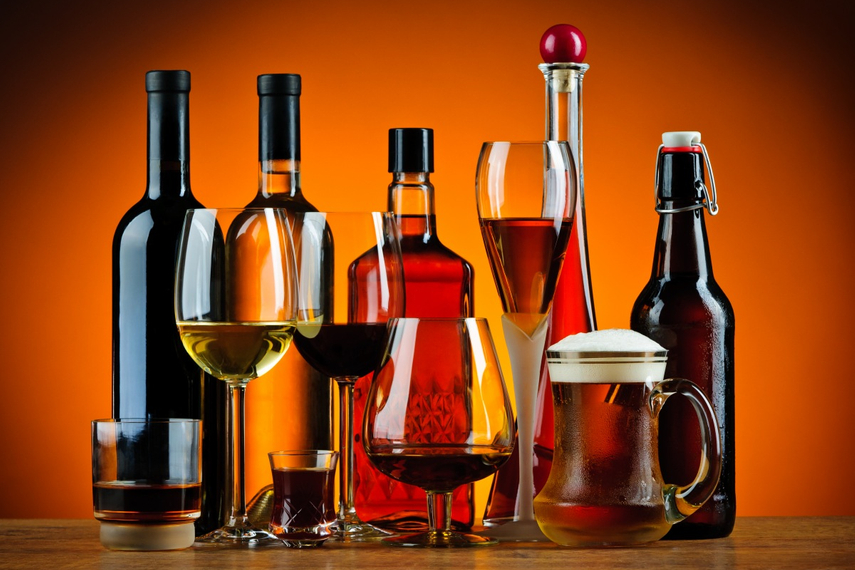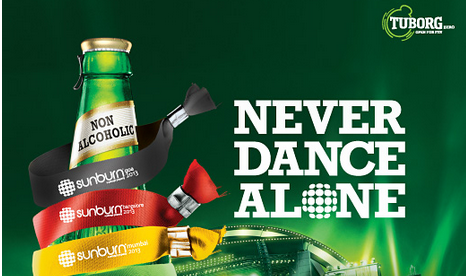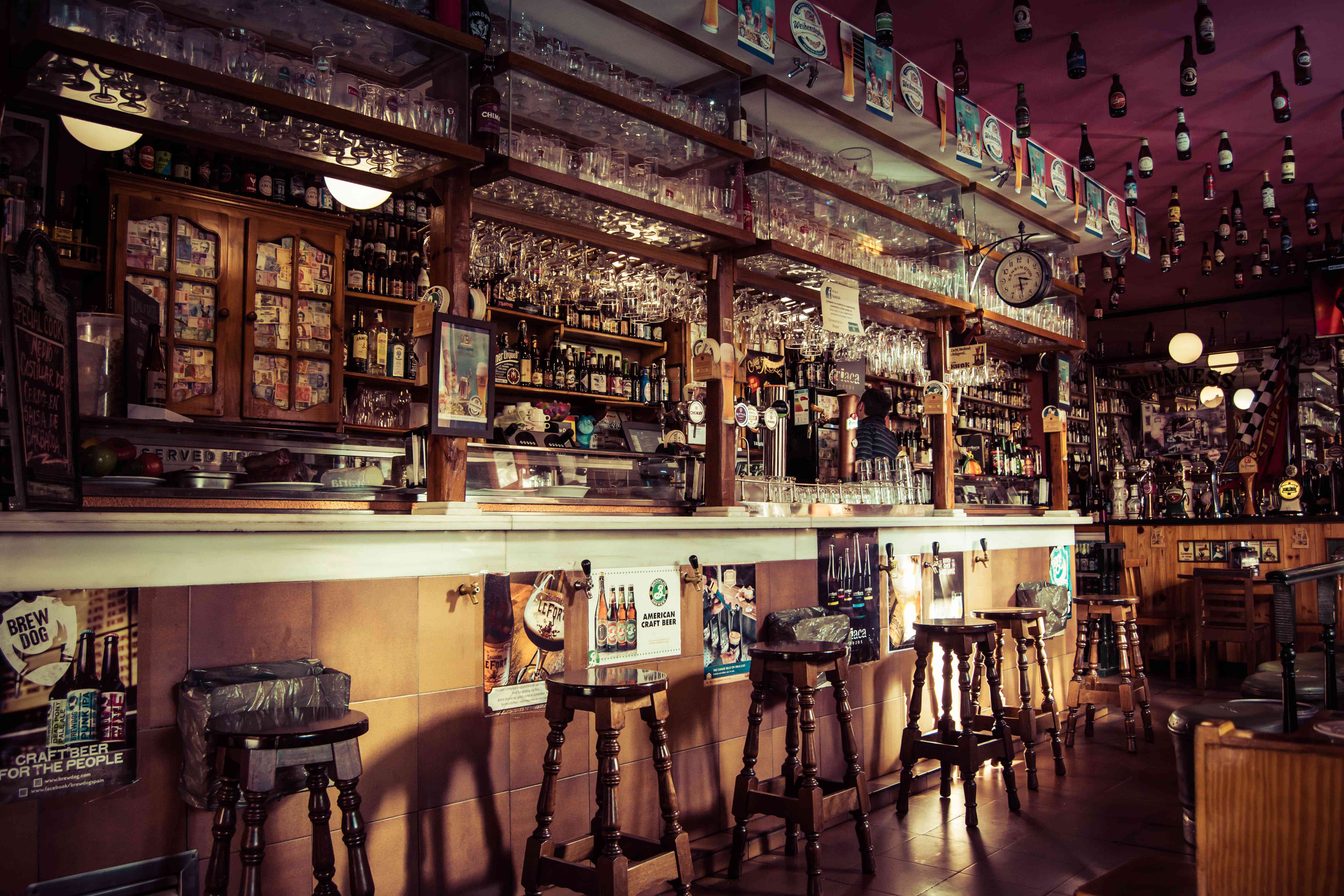Two years ago, the Advertising Standards Council (ASCI) ASCI (Advertising Standards Council of India) banned surrogate advertisements of 12 liquor companies who were actively advertising during the IPL season. These brands have been under the scammer for a while and have been found violating the codes put forth by ASCI, Out of the 14, two brands consented to remove their advertisements, and 12 brands have had their ability to advertise on the platforms restricted
When formulated with effective research on the reasons why liquor brands are banned from advertisement platforms in India, we got an interview done by best media info with Anupam Bokey a former CMO of Allied Blenders and Distillers, “most good companies are very sensitive towards following laws and regulations. “I don’t think any misinformation is getting passed on, and you normally do not see communication provoking you to consume more. Most big companies that are communicating are doing it responsibly. In many places, responsible consumption is highlighted. I think they have been very careful and are aware of their messaging.”

the Advertising Standards Council of India (ASCI) has laid down certain rules for surrogate advertising or for using a product category to communicate the virtues of your brand.
So The term for it is surrogate advertising, a sort of advertising that promotes illegal goods like alcohol and cigarettes by posing as another product is known as surrogate advertising. To hammer the brand name into consumers' minds, this type of advertising uses a product from a closely related category, such as club soda or mineral water.
In December 2020, CBFC too added quantitative criteria for brand extension, similar to ASCI quantitative criteria to assess genuine brand extensions, while inquiring with the professionals who handle this field we have got certain opinions and comments pertaining to the challenges faced by the advertisers, while Bokey added that it is important to advertise under the framework of the law
Alcohol is one of the biggest contributors to state revenue in terms of excise duty collection. During the pandemic, a lot of states imposed additional excise duty because industrial activity was slow. Thus, the price grew taller, and the consumers couldn’t afford the rise in alcohol prices, whilst the government and agencies should have taken certain measures for legal branding for the markets to flourish. The reason for the such ban in marketing prerogatives is where low-quality businesses slither in, which could detriment on serious health effects.

Speaking about the surrogate advertising appeal for marketers and the current approach towards it, Auryndom Bose, Group Creative Director, Dentsu One said, “Once upon a time, surrogate advertising used to be an elegant solution. then there are these lazy brands that want to show their bottles or cans and repurpose them as apple juice or soda. Sharma remarked in reference to seeking ways to get around rules and regulations: "Even if the ads appear on TV, they have to abide by the law of the land. Therefore, the issue is not reputational harm but rather the obstruction of a mass media stream to consumers.
“If ASCI is raising questions about the legitimacy of the product itself, it's Pandora's box as the term 'surrogate' implies that the product being advertised is not the real product. The tricky word here is 'advertising'. If these rules become too stringent, liquor brands will move completely into branded content, events, experiential, and in-film. Liquor manufacturers have been innovative in the past and the trend will continue.” Added Raghu Bhat, Founder, and Director, of Scarecrow M&C.























